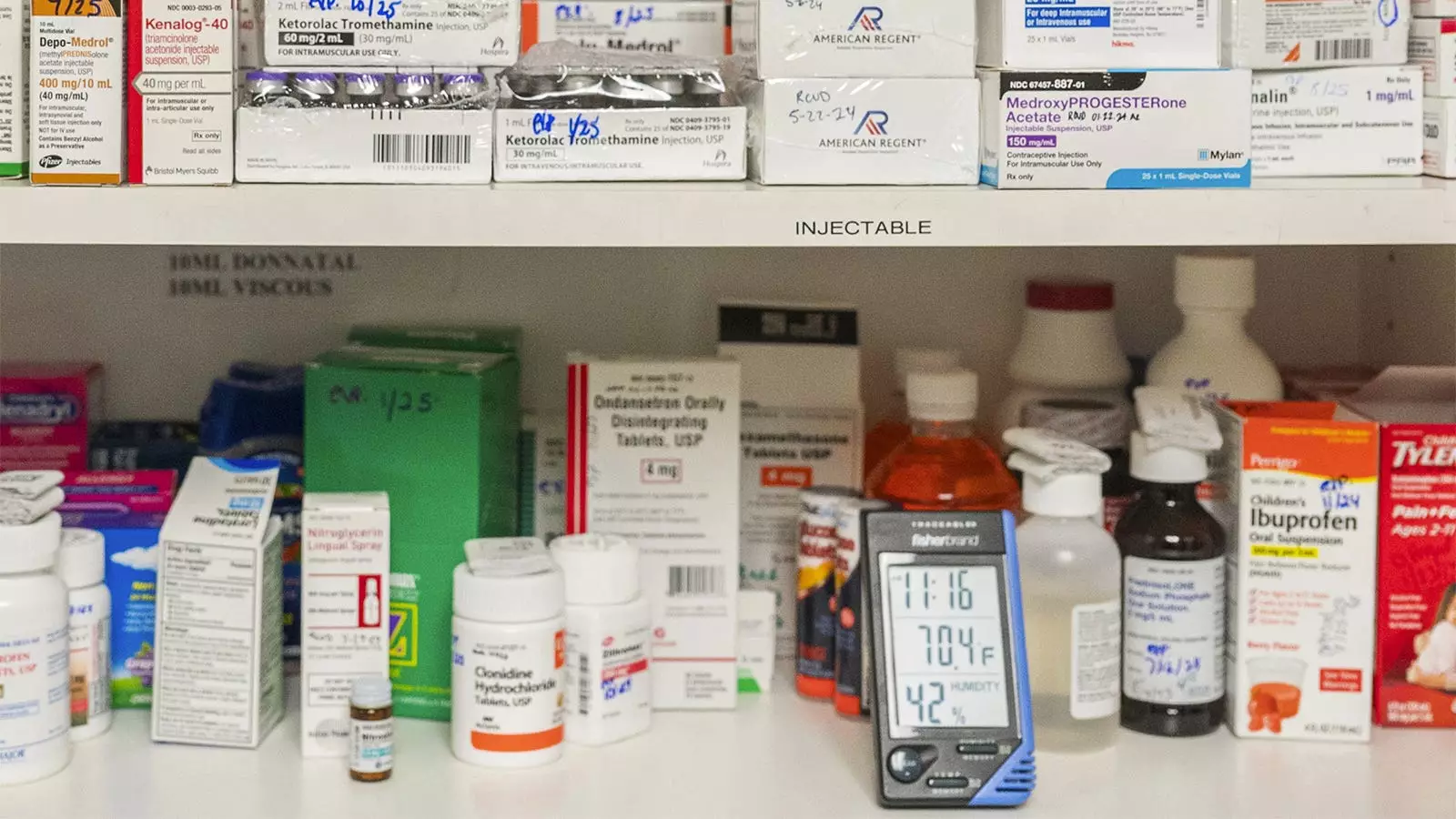Extreme heat can not only raise the danger of heat-related illnesses but also threaten health in a more subtle way by amplifying the side effects of many common medications. Certain medications, such as blood pressure pills and antidepressants, can lead to dehydration and hinder the body’s ability to stay cool in high temperatures. For example, beta blockers for heart conditions can decrease blood flow to the skin and make individuals less aware of dangerous heat. Additionally, over-the-counter pain relievers like aspirin can decrease fluid and sodium levels, making it harder to cope with extreme temperatures. It is crucial for individuals taking these medications to be aware of the potential risks and discuss strategies for staying safe with their healthcare providers.
In addition to the risk of heat-related illnesses, some medications can heighten sensitivity to the sun, leading to skin issues like rashes and sunburns. Antibiotics, antifungals, and acne drugs are among the medications that can cause individuals to be more susceptible to sun damage. To prevent adverse reactions, individuals taking these medications should take precautions such as staying under an umbrella, wearing sun-protective clothing, and applying sunscreen. It is essential to be mindful of the potential effects of medications on sun sensitivity, especially during the hot summer months.
Maintaining the stability and effectiveness of medications during travel can be a challenge, particularly in hot weather. While most medications should be kept in a cool, dry place, those that require refrigeration need special attention. When traveling by car, it is advisable to carry medications in a cooler to prevent exposure to high temperatures. Similarly, when flying, medications should be kept in a carry-on bag to avoid potential damage from extreme temperatures in the cargo hold. It is important for individuals to check the storage requirements of their medications before embarking on a trip to ensure proper handling and prevent any negative impact on their health.
With the growing popularity of mail-order pharmacies, ensuring the safe storage and transit of medications becomes crucial, especially in hot weather. While mail-order pharmacies are responsible for maintaining the temperature stability of medications during delivery, it is not always guaranteed. Individuals receiving medications by mail should be vigilant about timing to prevent exposure to extreme heat. If there are concerns about the quality of medications due to heat exposure, contacting the pharmacy promptly is recommended. Adequate precautions, such as using special packaging with ice packs and temperature monitors, can help mitigate the risks associated with heat-sensitive medications.
Despite the known risks of heat on medications, there is a lack of scientific evidence to support many common warnings in this area. Researchers emphasize the importance of further studies to identify which medications are the most vulnerable to heat exposure. As climate change continues to impact global temperatures, understanding the effects of heat on medications becomes increasingly critical. By conducting more research on this topic, healthcare providers and individuals can develop effective strategies to minimize the risks and ensure the safety and efficacy of medications in hot weather conditions.


Leave a Reply